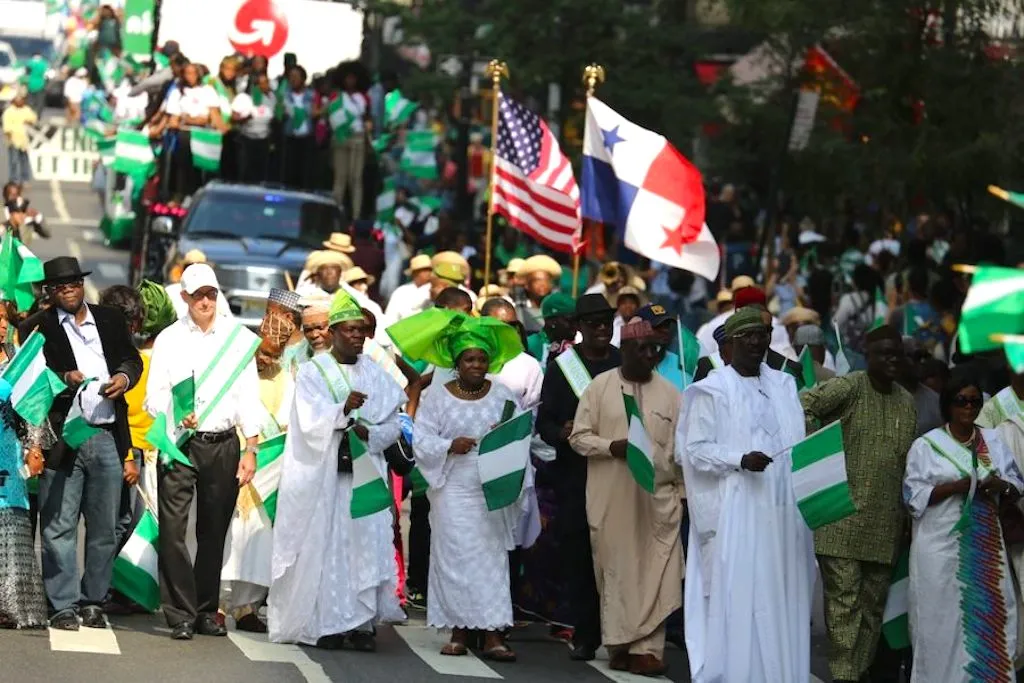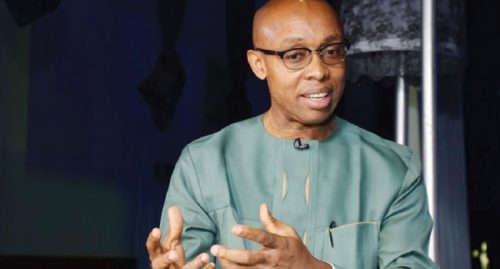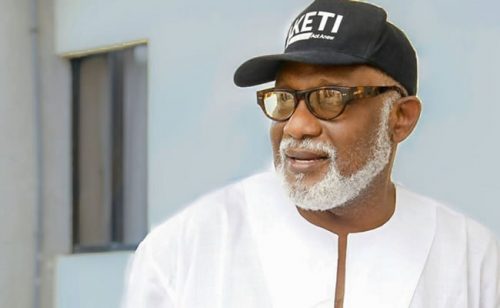Nigerian Immigrants in the USA: A Story of Resilience and Success

Nigerian immigrants in the United States have earned a reputation for resilience, ambition, and significant contributions to the American landscape. Known for their strong educational backgrounds and entrepreneurial spirit, they are among the most accomplished immigrant groups in the country.
However, the path to success is often paved with challenges, making Immigration Services an essential resource for navigating the complexities of U.S. immigration policy.
Historical Overview of Nigerian Immigration to the United States
Nigerian migration to the United States gained momentum in the 1960s following Nigeria’s independence, driven by educational and economic opportunities. Many Nigerians pursued advanced degrees at American universities, and some remained in the U.S. to build careers. The 1980s saw a second wave, as political and economic instability in Nigeria prompted many to seek greener pastures abroad. Today, the Nigerian-American community is one of the fastest growing immigrant groups in the United States.
Demographic Highlights
According to the most recent data from the U.S. Census Bureau, there are over 450,000 Nigerian-born individuals in the United States, with a significant concentration in states such as Texas, Maryland, and New York. This community is highly educated, with approximately 61% of Nigerian-Americans holding at least a bachelor’s degree, compared to 33% of the total U.S. population. Fields such as health care, engineering, and technology are heavily represented by Nigerian immigrants.
Prominent Nigerian-Americans and Their Contributions
The success stories of Nigerian-Americans serve as an inspiration to new immigrants. Here are some notable individuals:
1.Dr. Bennet Omalu A world-renowned pathologist, Dr. Omalu discovered chronic traumatic encephalopathy (CTE), a brain disease caused by repetitive head trauma in athletes. His groundbreaking work has revolutionized sports safety worldwide and was the inspiration for the film Concussion.
2.Chimamanda Ngozi Adichie A celebrated author and speaker, Adichie has brought Nigerian culture and issues to a global audience. Her novels, including Americanah and Half of a Yellow Sun, explore themes of identity, migration, and resilience.
3.Uzo Aduba An Emmy Award-winning actress, Uzo Aduba rose to prominence with her role in Orange Is the New Black. Her success highlights the growing influence of Nigerian talent in Hollywood.
4.Adewale “Wally” Adeyemo As Deputy Secretary of the U.S. Treasury, Adeyemo is a testament to the impact Nigerian-Americans have in shaping the economic and political landscape.
5.Anthony Joshua A world heavyweight boxing champion of Nigerian descent, Joshua bridges Nigerian and American cultures through his global influence in sports.
The Role of Immigration Services
Achieving the American Dream requires more than ambition-it requires legal and logistical support. For aspiring immigrants, Immigration Services are essential for ensuring proper documentation, understanding visa options, and addressing challenges such as sponsorship requirements. Common pathways for Nigerians include employment-based visas, family reunification, and diversity visas (DV lottery). Services tailored to Nigerian immigrants often include assistance with student visas, green card applications, and naturalization processes.
Challenges for Nigerian Immigrants
While the Nigerian-American community is celebrated for its achievements, the journey is often fraught with challenges.
- 1.Cultural Adjustment Many immigrants find it difficult to adjust to American culture, balancing traditional Nigerian values with a new way of life.
- 2.Visa and Immigration Hurdles Securing visas and permanent residency can be complex and time-consuming. Processing delays and changes in U.S. immigration policy can disrupt personal and professional plans.
- 3.Racial and Ethnic Discrimination Managing issues of race and ethnicity remains a concern for many Nigerian Americans as they encounter systemic inequalities in various areas.
- 4.Economic Barriers Although many are highly educated, some Nigerian immigrants have difficulty finding jobs that match their qualifications, often having to start in lower-paying positions.
Overcome obstacles: Keys to Success
Despite these challenges, Nigerian immigrants have proven adept at turning adversity into opportunity. Community networks and cultural organizations play a critical role in supporting newcomers. These groups often provide mentorship, financial assistance, and cultural events to help immigrants make a smooth transition.
In addition, Nigerian Americans value education and entrepreneurship. According to the Migration Policy Institute, Nigerian immigrants are more likely to own businesses than other immigrant groups, reflecting their entrepreneurial spirit.
Celebrating Nigerian Culture in the United States
The Nigerian-American community has enriched the cultural tapestry of the United States through food, fashion, music, and festivals. Events such as the Nigerian Independence Day Parade in New York City showcase the vibrancy of Nigerian culture. Afrobeats, popularized by artists like Burna Boy and Wizkid, have become a global phenomenon, influencing American music and entertainment.
Building bridges between Nigeria and the USA
The success of Nigerian-Americans has fostered stronger ties between the two nations. Programs such as the Mandela Washington Fellowship foster leadership and development among young Nigerians, while organizations such as the Nigerian-American Chamber of Commerce promote trade and investment.
The Future of Nigerian Immigration
As the Nigerian-American community continues to grow, its impact on American society is undeniable. Nigerian immigrants are not only achieving personal success, but also contributing to the broader American narrative of diversity and resilience. With continued access to resources like Immigration Services, the community can overcome obstacles and unlock even greater opportunities for future generations.
Conclusion
Nigerian immigrants in the United States embody the ideals of hard work, perseverance, and innovation. From trailblazing professionals to cultural ambassadors, their stories inspire and uplift. For those seeking to join this vibrant community, the support of professional immigration services is a critical step in the journey. Together, Nigerians in America continue to redefine the possibilities of the American Dream.












